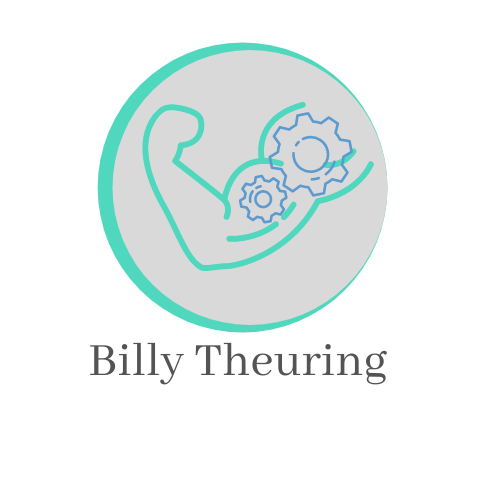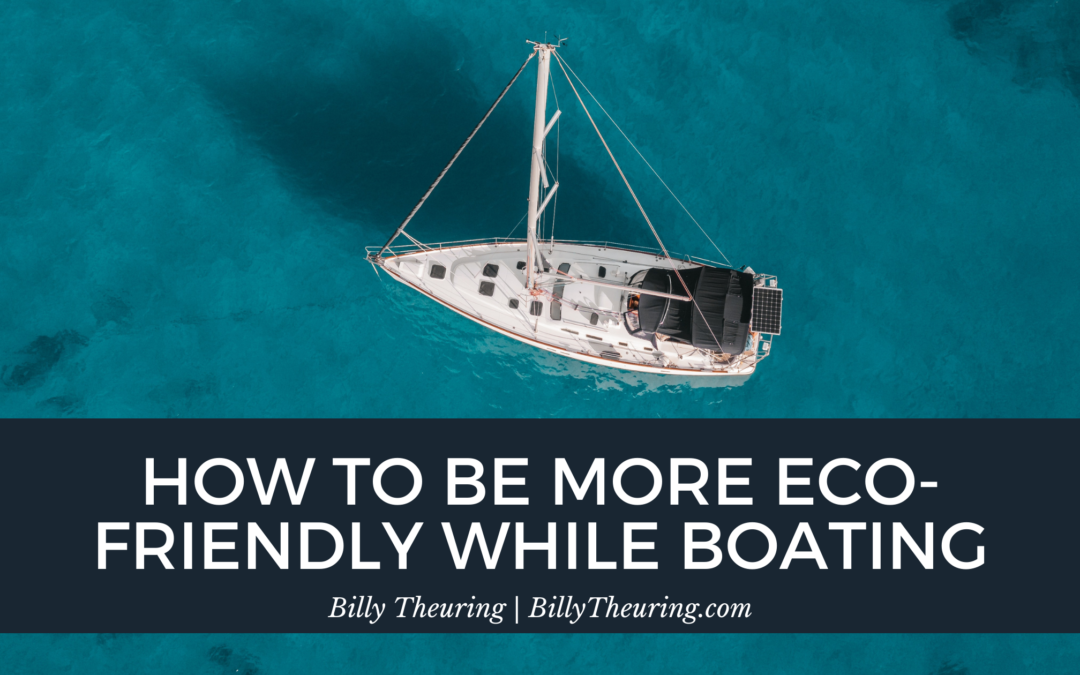Aquatic animals and plants need clean water, oxygen, and nutrients to survive. A disruption of this balance harms the environment. Recreational boating ranks first in destroying this habitation by releasing hydrocarbon and oil into the water. At least 30% of the oil and fuel used in a two-stroke engine go in the water. Boat maintenance can create an Eco-friendly environment for habitation. Below are some of the maintenance tips.
Boat Waxing
Boat waxing prevents the ingrain of surface dust and grim. Waxes are durable and can stand the sun, algae, and saltwater. Gel coat oxidation and color fading are prevented when the polish is applied. The number of detergents used for cleaning the boat is reduced since waxing makes the process easier.
Use Non-toxic Cleaning Products
Sodium hydroxide, ammonia, and phosphate are toxic chemicals found in cleaning products that affect aquatic life. Before using them, check the label for the ingredients. If possible, use natural cleaners such as apple cider vinegar, a paste of baking soda, and many others. For example, if the boat has plastic surfaces clean using a mixture of white vinegar and warm water. Olive oil can clean boats with interior woods while water and cream of tartar solution clean aluminum.
Get Oil Absorbent Rags
These rags clean up fuel and oil that spills up on the go to prevent water contamination. Get several pieces to facilitate cleaning any time there is a need.
Dispose of Filters and Used Oil Appropriately
Disposing of used fuel in water increases the marine environment’s toxic level, causing significant damage to aquatic life. There are disposal facilities to dispose of these toxins properly. For example, 1 800 CLEAN UP is the number to call in the US to get the nearest disposal facility.
Replace 2-stroke Engines with 4-stroke
The two-stroke engine is known for disposing of plenty of oil and fuel in water in addition to emissions. A four-stroke engine is a better alternative as it runs smoother and cleaner. It’s also a quiet and easy-to-use engine. Avoid filling the tanks onboard to reduce oil spillage. Avoid overfilling the tanks as fuel escapes through the vent line when temperatures are high.
Make use of the highlighted tips while boating to improve the marine environment.

